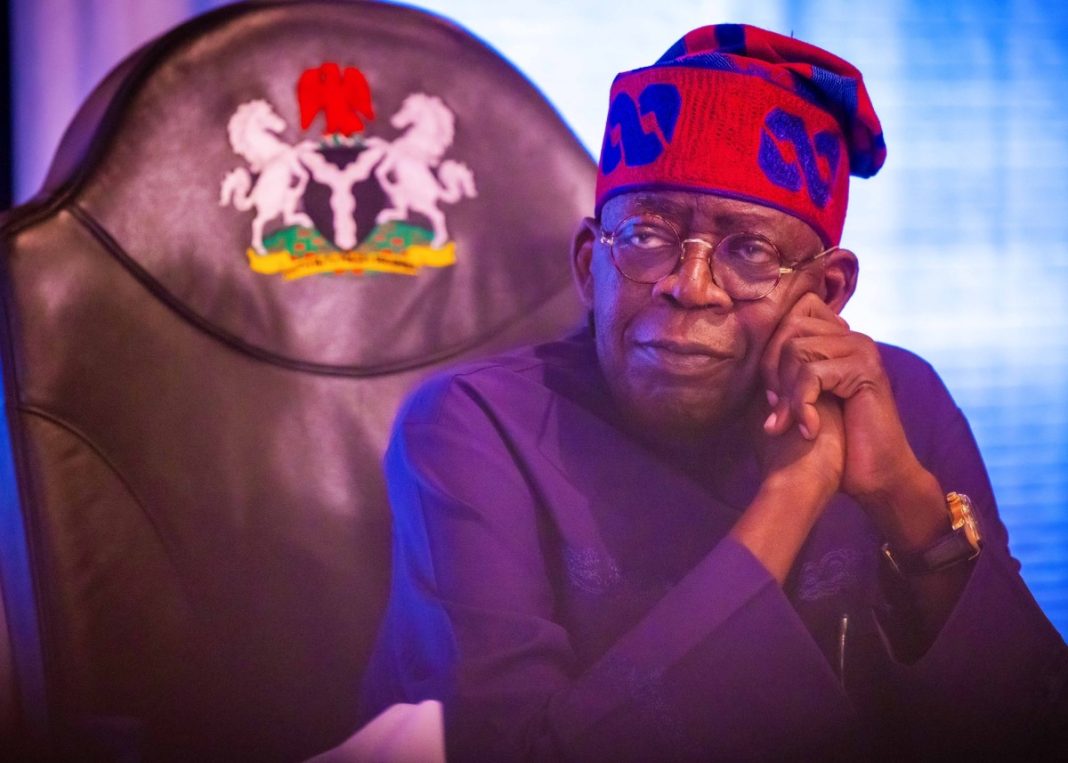ABUJA, Nigeria — The Presidency has dismissed the newly unveiled opposition coalition under the African Democratic Congress (ADC) as an “opportunistic gathering of disgruntled politicians” and declared that President Bola Tinubu will remain in office until 2031.
Speaking in Abuja on Saturday, July 5, 2025, presidential spokesperson Sunday Dare downplayed the political significance of the coalition, which was launched last week in Abuja by opposition figures including former Vice-President Atiku Abubakar, former Senate President David Mark, ex-Governor Peter Obi of Anambra State, and former Governor of Kaduna State, Nasir El-Rufai.
The group had adopted the ADC as a joint platform for the 2027 general elections, aiming to unseat the ruling All Progressives Congress (APC) and President Tinubu.
But Dare described the coalition as lacking vision, unity, or the leadership credentials needed to pose any real challenge to the current administration.
“This is a purely opportunistic gathering of disgruntled politicians,” Dare said.
“The Presidency already rests with the region rightfully due. And that’s where it will be till 2031.”
Dare urged members of the coalition to shift their focus to the 2031 elections rather than “wasting energy” on contesting in 2027.
“None of those in the coalition has the president’s democratic potentials considering what his government has achieved in the last two years,” he said.
Citing President Tinubu’s economic and infrastructural reforms, Dare said the current administration had earned the trust of Nigerians and the international community, making the prospect of dislodging it in 2027 highly unlikely.
He also accused the coalition leaders of disguising personal ambition as a national rescue mission.
“There is no injustice to redress — only avarice ambition to satisfy the cravings of a few for the control of the national treasury,” Dare said.
The presidency also pushed back against comparisons between the opposition coalition and the formation of the APC in 2013, which united several political factions and successfully defeated the then-ruling Peoples Democratic Party (PDP) in 2015.
“In 2013, the merger that birthed the APC was driven by selflessness, national interest, and strategic discipline,” Dare said.
“The leaders at the time were willing to set aside personal ambitions for the greater good.”
He cited President Tinubu’s role in the formation of the APC, describing him as a patient and strategic leader who built loyalty across regions and waited for the right time.
“Asiwaju Bola Ahmed Tinubu, despite commanding the loyalty of several sitting governors, chose to wait. He bided his time, played the long game, and focused on building a viable political platform. He had never lost an election, and he didn’t have to force his way in.”
Dare said the same cannot be said for the current opposition leaders, claiming none of them commands broad national trust or the ability to unite the country.
“No one in this coalition comes close to parading the democratic credentials of President Bola Tinubu,” he added.
The ADC coalition has continued to gain public attention in recent days, with its architects positioning it as a “rescue platform” for Nigeria’s fractured democracy.







